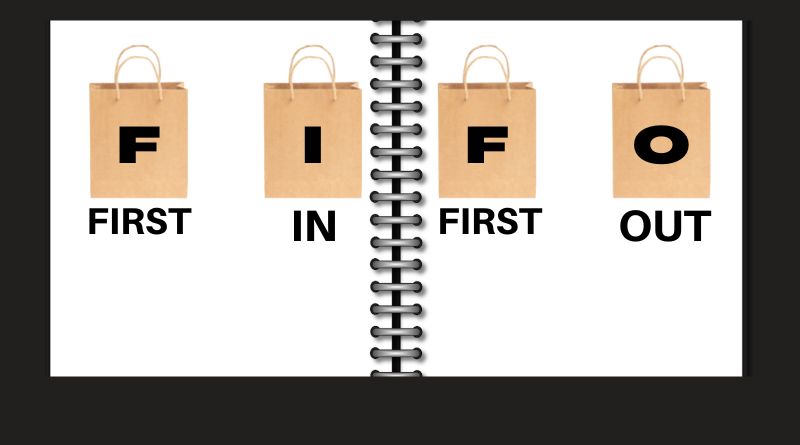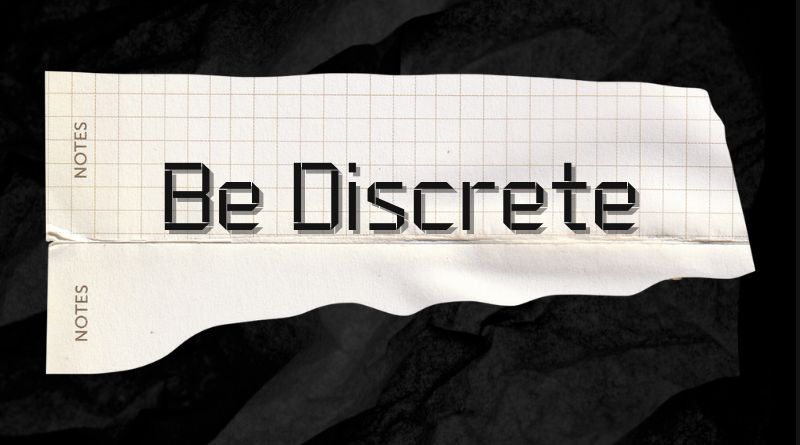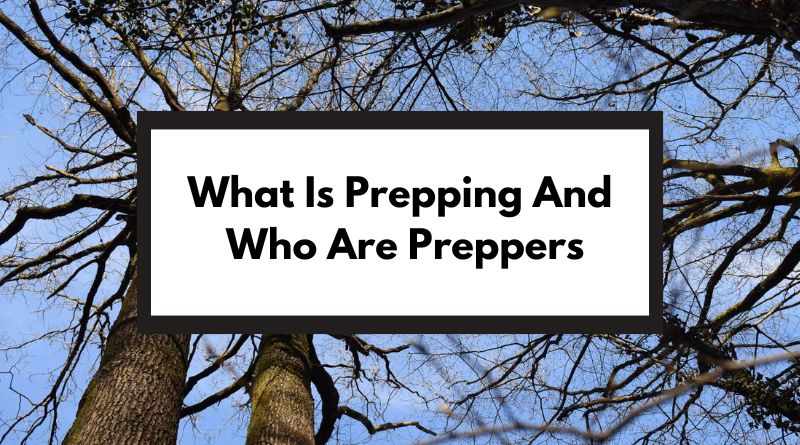Common Prepper Mistakes
We all make mistakes, a wise person knows this and learns from them, a very wise person learns not only from their own mistakes but also from the mistakes that their peers make. Here is a list of the common prepper mistakes to be avoided.
Not Researching Gear Before Buying
The market is flooded with “essential” equipment that companies claim every prepper/survivalist needs. Whether a prepper really needs that specific piece of equipment will be up to each individual to decide. But do NOT impulse buy something without due diligence, research each piece of gear Before buying. A lot of the stuff out there is snake oil. Marketed as essential survival gear.
Focusing On Gear Over Skills
The Most common mistake many preppers make, focusing on gear, stores, and stuff. Stores are great, gear is fantastic, and having a ton of stuff for any eventuality is a great relief when disaster strikes. But better than all of the above is skills. The more knowledge and skills a prepper has, the less gear is needed when the SHTF. Having a ton of gear and not knowing how to use it is dangerous. Eg: fully kitted out Ifak and first aid kit and not having any first aid training at all.
Not Keeping Proper Inventory
Prepping for a week or a month is easy, a prepper can mentally keep track of all stock without any trouble. But once inventory reaches months, it becomes hard to keep track, especially if the prepper is consuming the stock and replacing it on a daily basis. This brings us to the third most common mistake, not using the FIFO system.
FIFO (First In First Out)
My first experience with a badly managed restaurant was due to the F&B manager not properly implementing the FIFO storage method. First in first out just means using the items that were bought first, and storing the items that were bought last at the back. While easy in theory, with large stores, this requires the use of inventory stock cards which is often neglected. A stock card is used to record when an item arrives and when it is used or needs to be used before the best-by date.

Bad Planning
Having a plan is essential, but disasters don’t always follow the plan. So plans need to be fluid, they need contingencies and wiggle room. Planning to bug in, have all the gear, stores, and essential items needed to hunker down and wait out any disaster. What happens if a wildfire burns the house down?
Prepare For Multiple Scenarios
BOL (Bug-out Location)
Or possibly even wandering around for a while.
Not Making A Threat Assessment
While basic prepping will cover most scenarios, a threat assessment will deal with threats that are most likely to occur in the preppers’ geological, political, and societal locations. While prepping basic stores are the same for a tornado or snowstorm, there are some differences. One requires extra stores of warm clothing and ways to stay warm and the other requires a way to batten down the home.
All Planning And No Prepping
Reading books on prepping, watching videos, joining online prepping communities, chatting about it, and studying it. These are all great. But action needs to be taken, all the studying is not gonna help if no action is taken. Preppers in theory are common especially online. They prep in theory but have not done any of the work associated with prepping.
Relying On A Digital Survival Library
Everything can be found online, but what happens if the grid goes down? Every prepper should have at the very least a few basic books on prepping, first aid, and survival. Click here for The Best Survival Books, it is common to see a prepper ask for the best digital survival book download. Always have at least a few hardcopies.
Storing Everything In One Location
Ever seen photos of preppers’ storerooms on the internet? Rows and rows of canned goods, buckets of food, medical supplies, and hygiene products. This is quite common for a prepper, having everything in one storeroom, it’s also one of the biggest mistakes. If that storeroom was somehow destroyed or rendered inaccessible. That would mean everything was lost. Don’t put all your eggs in one basket. Spread it around. I have seen some innovative storage ideas from preppers that include taping cans behind cupboards, storing food in the attic, and garage, and even burying barrels of stuff (MREs and non-perishable medical supplies) in the ground. This would of course depend if the environment is suitable.
Being A Lone Ranger Prepper
Movies always depict preppers as survivalists wandering a wasteland with no people in sight for months or even years. But that is Hollywood movies for you. In real life, the chances are high that there will be people all around a prepper/survivalist. Some will be friendly people who can help, most will want help and there will always be those that will attempt to prey on others to survive. History has shown us that looters and bandits crawl out of the woodwork as soon as a state of lawlessness occurs. The most well prepared preppers are those that prepare with a community of like minded people.
Be prepared to handle all types of people. People skills will be essential in a SHTF situation.
Sharing Too Much Information
It is normal to get excited about something new, novice preppers often get into prepping wholeheartedly. And they tend to want to discuss it with everyone they know, and even some people they don’t (know like people they meet online). Be aware, not everyone is trustworthy. It is best to only share information as necessary with as few specific details as possible.
Imagine this scenario: a prepper makes a large purchase of canned goods and the
The cashier goes “wow, are you having a party”.
The novice prepper replies “No, I am just stocking up” or “I am just prepping for a rainy day”
If the prepper has a members card or paid by credit card, it would be easy for the cashier to find the prepper’s name and address.
A simple slip of the tongue could be disastrous.

Insufficient Water Stored
This is a common prepper mistake, underestimating the quantity of water that needs to be stored for when the SHTF. People use a lot more water than they realize. Just try turning off the water for a week and surviving on the stores that you have and you will realize that it most likely is not enough.
Prepper Sanitation
An often overlooked prepping topic, but when mother nature calls, we must answer. after all, what goes in must come out. So do not forget to prep for how to dispose of waste, not only human waste but also waste from food packaging (hopefully there will be no leftovers) if there are any left over or spoiled food, and of course things like diapers, etc. Most people do not realize how much waste a family produces in a day, much less in a month.
Stock up on hygiene products like wet wipes, soap, shampoo, toothpaste, toilet paper, etc. and make a plan on how to dispose of human waste and any other waste/rubbish.
Not Stocking Up On Vitamin And Mineral Supplements
Underestimating the benefits that supplements can provide in a survival situation, multi-vitamins can be a great way to boost overall health. Being in a survival situation is stressful to the mind and body, there will be a lot to do, keeping fit and healthy is going to be a top priority (as it should be everyday).
Conclusion:
These are the most common prepper mistakes, there is a lot we can learn from the prepping community and online.
The most important being, learn from other people’s experiences and mistakes. Also that skills are better than gear (although having the right gear never hurt) and that there is always more to learn.
